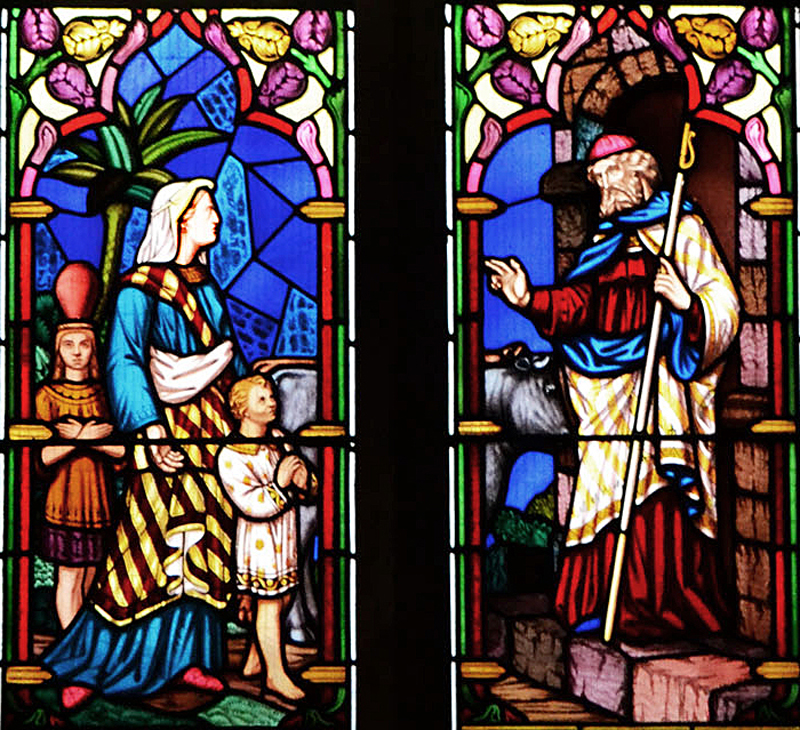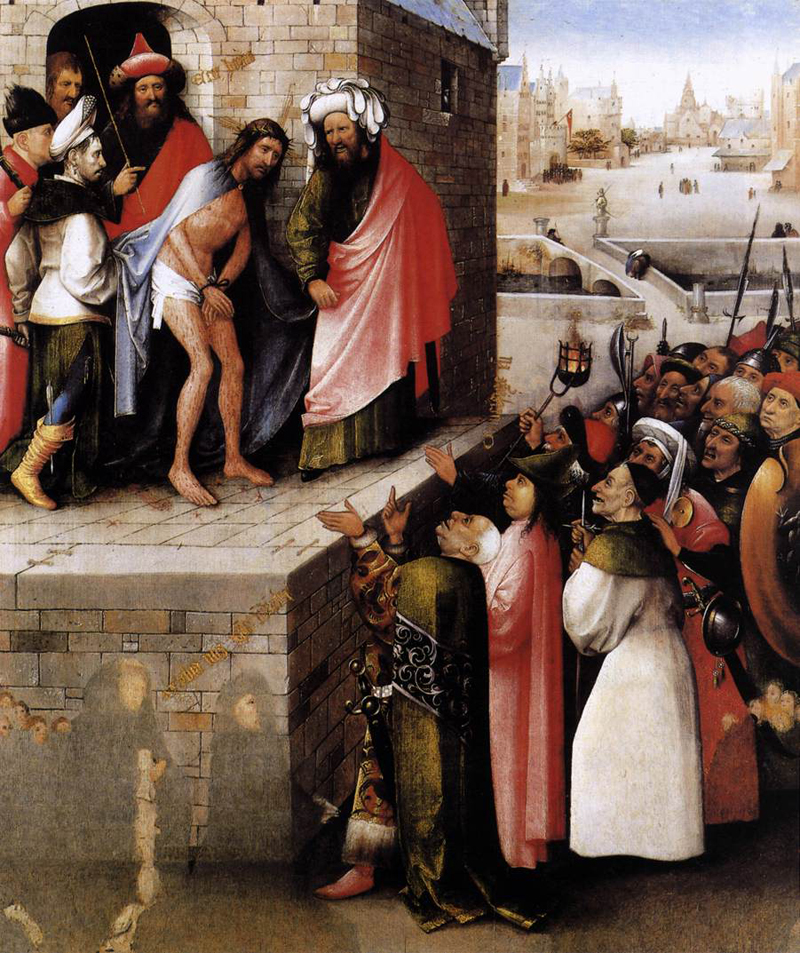
Sacrifice of Isaac
Michelangelo Merisi da Caravaggio, ~1603
My dear friends,
Greetings to all who have come here today to seek understanding and share the warmth of spiritual companionship. Today, we are embarking on a journey to examine three distinct passages from the Bible. These narratives, while seemingly disparate, form a sequence of variations on the theme of sacrifice, offering us profound insights into the Bible's evolving understanding of the divine nature.
Let us begin with Genesis 22:1-14, where we find the story of Abraham and Isaac. God tests Abraham, asking him to sacrifice his beloved son, Isaac. With heavy heart, yet unyielding faith, Abraham complies. As he raises his hand, however, an angel of the Lord intervenes, stopping him from proceeding. In place of Isaac, Abraham sacrifices a ram. This passage is a poignant example of ultimate faith and submission to divine will, a narrative that echoes within the chambers of countless religious teachings.

A Mother in Israel: Hannah, Samuel and Eli
William Wailes, 1862
1 Samuel 1 portrays a different type of sacrifice: not a sacrifice of life itself, but rather of parental love and the chance to nurture one's own child.
Hannah, after many years of being childless, prayed to God for a son, promising that if she were blessed with a child, she would dedicate him to God's service. God heard Hannah's prayers and she gave birth to a son, whom she named Samuel. As soon as Samuel was weaned, Hannah fulfilled her promise and brought him to Eli, the high priest, at the temple in Shiloh, where Samuel was to live and serve God.
Samuel grew up to become one of the most important figures in the Old Testament. As a prophet, he played a critical role in transitioning Israel from a period of loosely connected tribes to a united monarchy. He was the one who anointed the first two kings of Israel: Saul, and later David, marking the beginning of a united monarchy.
Hannah's sacrifice resulted in her son growing to be an instrumental figure in the religious history of Israel, guiding the nation during a crucial period of transition. It highlights the transformative power of faith and the profound consequences of surrendering to divine will.

Ecce Homo
Hieronymus Bosch, 1490
The third text evokes an image of God's own sacrifice:
but gave him up for us all
— how will he not also,
along with him,
graciously give us all things?
- Romans 8:32
The divine, in the Christian narrative, sacrifices His only begotten Son for the salvation of humanity. This is the zenith of sacrifice - not a test of faith, but an act of profound love for all sentient beings.
As we move from Genesis to Samuel and finally to Romans, there is an evolution in the understanding of the divine nature. The God who tests faith in Genesis, receives the sacrificial offering of Hannah in Samuel, and ultimately becomes the one who sacrifices in Romans. This progression signifies a deepening engagement of the divine in the affairs of the world, culminating in God's ultimate act of love.
Each sacrifice is driven by faith, commitment, and love. Abraham's willingness to lose his son manifests supreme faith. Hannah's surrender of Samuel embodies commitment and love. God's sacrifice of Jesus is the ultimate display of love for all sentient beings, a love so vast it invites comparison to the Bodhisattva ideal in Buddhism, the aspiration to attain full Buddhahood for the benefit of all sentient beings.
Let us remember the essence of sacrifice is not about loss but about transformation. Just as Abraham and Hannah transformed their faith and love into supreme acts of devotion, so too did the divine transform sacrifice into an act of universal compassion. By understanding and internalizing these evolving narratives of the divine, we may deepen our capacity for compassion, altruism, and love in our daily lives.
May peace and understanding illuminate your paths. Thank you for your presence and attentiveness.
(Leonard Cohen / Judy Collins)